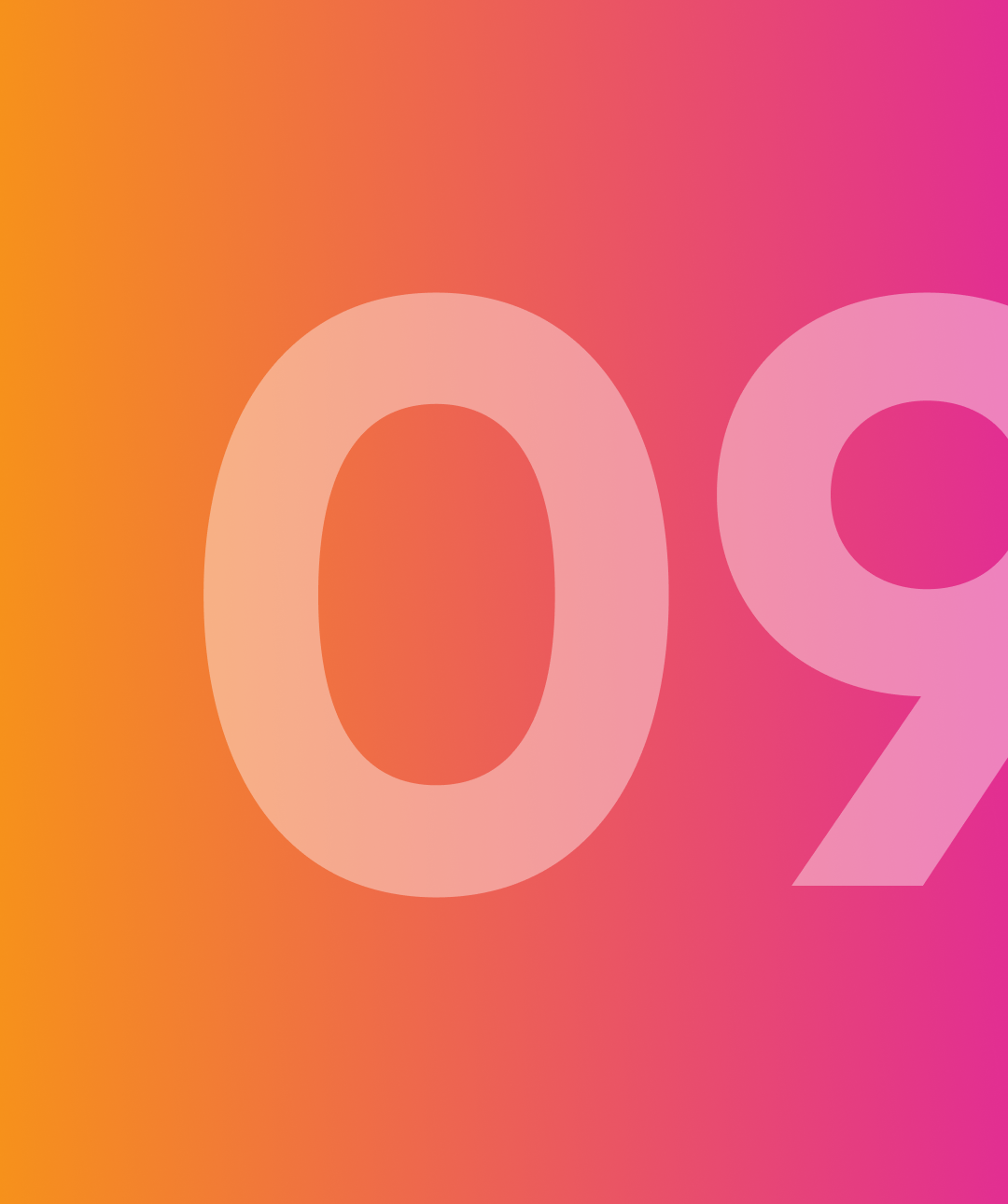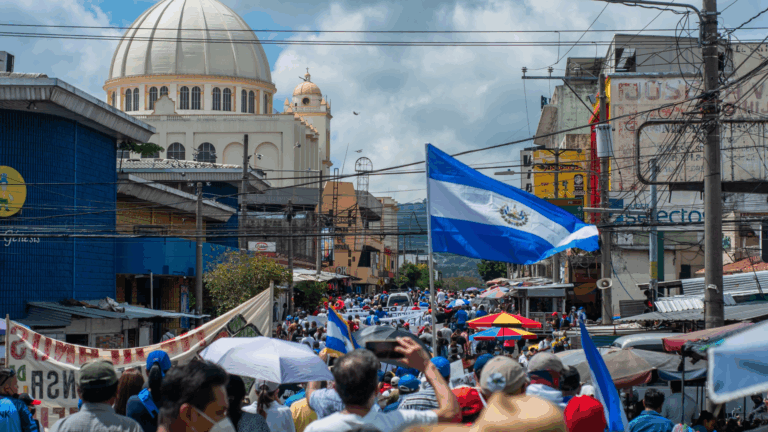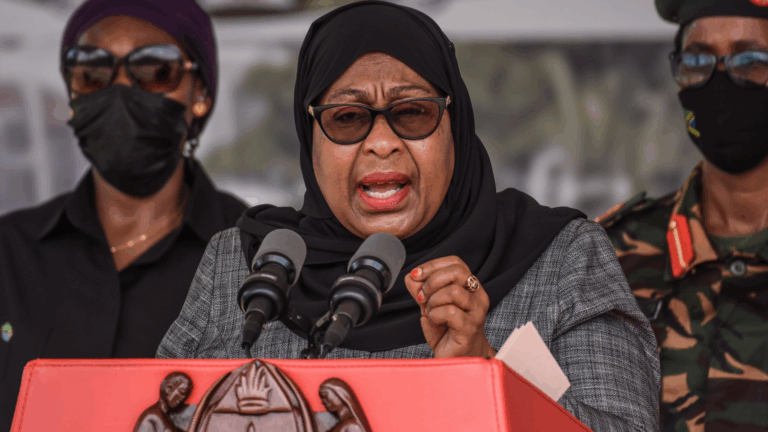Mutiny | Payjoin Support
Mutiny Wallet, an open-source, non-custodial, privacy-focused Bitcoin and Lightning wallet available as a web client or Android app, has shipped Payjoin v1 support with its v0.5.7 release. “We’re really excited about the privacy gains here and for future improvements such as Payjoin v2.,” the team said. “This should allow asynchronous payjoins, making it possible for a mobile user to payjoin with another mobile user.” Payjoin is a technique that can help prevent surveillance, as it “breaks the common-input-ownership heuristic” but remains“undetectable and indistinguishable from any regular bitcoin transaction.”
Bitwise | Public Transparency
Last week, the Bitwise Bitcoin ETF (BITB) became the first US Bitcoin ETF to disclose the bitcoin addresses of its holdings, which at the time showed 11858.63 bitcoin in its trust (valued at about $465,300,000 USD). “Publishing on-chain addresses is a first step toward increasing public transparency,” they announced. This move enables anyone to verify BITB’s bitcoin holdings and transactions directly on the blockchain, establishing a new standard for institutional transparency. Bitwise will also donate 10% of profits from its Bitcoin ETF to open-source development with recipient organizations including OpenSats, Brink, and the Human Rights Foundation.
Breez | Non-Custodial Lightning
Breez SDK has added support for offline payments, where a user can get a mobile notification to process an incoming payment. While this feature is only available to users of the Breez software environment, it’s a big UX improvement for mobile Lightning use and something to keep an eye on. In a recent article, Breez CEO Roy Sheinfeld puts this innovation in context, exploring the challenges and past attempts to fix the UX challenges of offline payments, discussing how they have deterred self-custody, and pointing to progress in this area as key to being able to conduct private mobile Bitcoin transactions.
Samourai Wallet | Bitcoin to Monero Atomic Swaps
Samourai wallet introduced atomic swaps in their public beta, allowing users to trustlessly swap between Bitcoin and Monero over Tor. Monero is a privacy-focused cryptocurrency that differentiates from Bitcoin by hiding transaction information from the public, making it nearly impossible for governments to trace user activity. This, however, comes at the cost of decentralization, liquidity, and publicly verifiable transactions. Atomic swaps allow individuals to exchange tokenized assets across different blockchains without the need for a centralized intermediary, enhancing user anonymity. It’s another privacy option for activists operating under constant financial surveillance, empowering them to continue their work in a more private and secure manner. You can learn more about this new feature here.
Btcd | Critical Bug Fixes
Niklas Gögge announced a consensus failure in btcd (an alternative to Bitcoin Core Implementation) versions prior to v0.24.0. Consensus is paramount to the integrity and longevity of a decentralized network. Bitcoin Optech Newsletter #28 said that with this failure, “it was possible to construct a transaction with a negative version number, which Bitcoin Core would require to follow the BIP68 rules but btcd would not.” This vulnerability could be exploited to trick a node into accepting invalid bitcoin. Software like btcd requires ongoing reviews and bug fixes, which is why funding for open-source software development, like HRF’s Bitcoin Development Fund, is critical for supporting developers in maintaining the integrity and robustness of the Bitcoin network.
OpenSats and Vinteum | Open Source Funding
OpenSats awarded long-term support to René Pickhardt, “helping him continue his fundamental research on improving Bitcoin’s overall usefulness as a payment system through the Lightning Network.” Funding will help Rene improve reliable payment planning, efficient payment routing, and explore new liquidity management strategies over the Lightning Network. In Brazil, Vinteum awarded funding to Leonardo Lima, whose “grant period will be dedicated to contributions to both Fedimint and BDK.” In particular, enhancing client and server tor support, developing multisig cosigning modules, and the potential of passkeys module on Fedimint, as well as adding native tor support to rust-esplora-client and rust-electrum-client.









